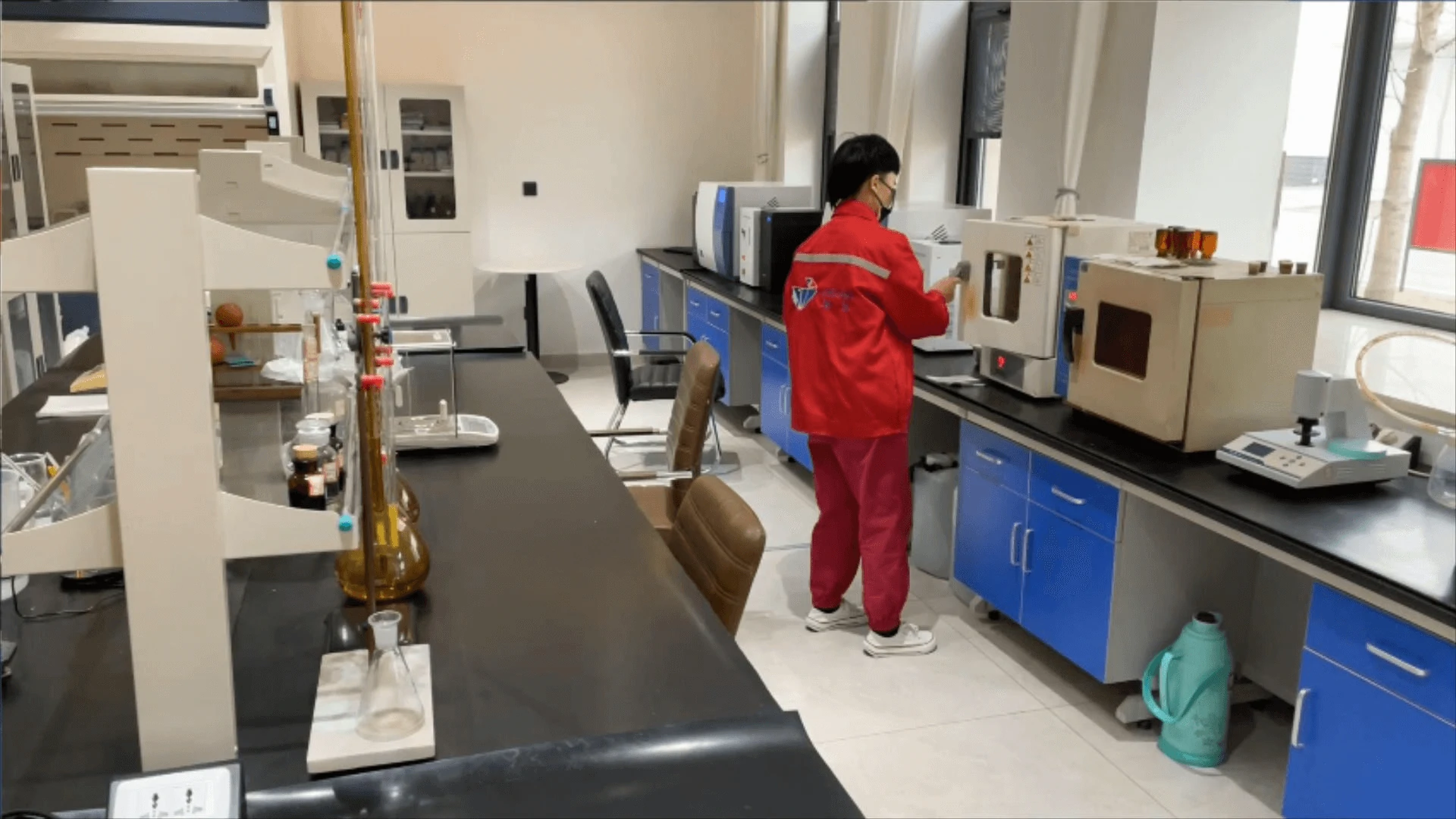
កញ្ញា . 25, 2024 16:36 Back to list
mortar adhesive additive
Mortar Adhesive Additive Enhancing Performance in Construction
In the field of construction, the quality of materials used plays a crucial role in determining the durability, strength, and overall performance of structures. Among these materials, mortar is fundamental for various applications, including bricklaying, tiling, and stone masonry. The incorporation of additives, specifically mortar adhesive additives, has gained significant attention in enhancing the properties of mortar. This article discusses the importance, types, and benefits of mortar adhesive additives in construction.
Understanding Mortar and Its Challenges
Mortar is a mixture of cement, sand, and water, utilized primarily to bond building materials. While mortar serves essential functions, it sometimes faces challenges like shrinkage, cracking, and reduced adhesion strength over time. These issues can compromise the integrity of the structure and lead to costly repairs. To address these challenges, the use of mortar adhesive additives has become a common practice. These additives are formulated to enhance the adhesive properties of mortar, ensuring a stronger and more durable bond between materials.
Types of Mortar Adhesive Additives
There are several types of mortar adhesive additives, each designed to tackle specific challenges
1. Polymer Additives These are synthetic resins that improve the flexibility, adhesion, and water resistance of mortar. Commonly, latex-based additives are used to increase the bonding strength between the mortar and the substrate. This is especially important in tile installations, where movement and temperature fluctuations can lead to cracks.
2. Water Retention Agents These additives help retain moisture in the mortar, allowing for a longer workability period. They prevent the rapid evaporation of water, which can lead to incomplete curing and weaken the bond. By enhancing the water retention capacity, these agents ensure that the mortar remains workable for a more extended period, thus improving overall adhesion.
3. Thickening Agents Thickening additives enhance the viscosity of the mortar mix, preventing sagging and ensuring an even application. This is particularly useful in vertical applications, where traditional mortar may not adhere properly without sliding.
4. Anti-Fungal and Anti-Mold Additives These additives are increasingly important in areas with high humidity, where mold and mildew can thrive. By inhibiting the growth of fungi and bacteria, they ensure that the mortar remains hygienic and free from degradation.
mortar adhesive additive

Benefits of Using Mortar Adhesive Additives
The integration of mortar adhesive additives into construction practices offers numerous benefits
1. Enhanced Bond Strength Additives significantly improve the adhesion of mortar to various substrates. This is crucial in ensuring that bricks, tiles, or stones stay firmly in place, reducing the risk of detachment over time.
2. Increased Flexibility The use of polymer additives imparts flexibility to the mortar, allowing it to withstand small movements and stresses without cracking. This is particularly beneficial in seismic zones or areas subject to temperature variations.
3. Improved Workability Additives can enhance the workability of the mortar, making it easier for workers to apply and manipulate. This results in a smoother finish and less labor time, ultimately reducing construction costs.
4. Resistance to Environmental Factors Mortar that contains additives exhibits better resistance to moisture, temperature changes, and UV exposure. This contributes to the longevity and durability of the structure, making it a worthwhile investment.
5. Reduced Maintenance Costs By improving the overall performance and durability of the mortar, adhesive additives can lead to reduced maintenance and repair costs in the long run. This is particularly advantageous for large commercial projects, where such expenses can accumulate rapidly.
Conclusion
The use of mortar adhesive additives represents a significant advancement in construction materials technology. By enhancing the adhesive properties and overall performance of mortar, these additives contribute to the longevity and integrity of structures. As construction methods continue to evolve, the role of mortar adhesive additives will undoubtedly become increasingly important, providing solutions to the challenges faced in modern construction. Investing in quality mortar mixes with the appropriate additives can lead to safer, more durable, and cost-effective construction outcomes.
-
The Widespread Application of Redispersible Powder in Construction and Building Materials
NewsMay.16,2025
-
The Widespread Application of Hpmc in the Detergent Industry
NewsMay.16,2025
-
The Main Applications of Hydroxyethyl Cellulose in Paints and Coatings
NewsMay.16,2025
-
Mortar Bonding Agent: the Key to Enhancing the Adhesion Between New and Old Mortar Layers and Between Mortar and Different Substrates
NewsMay.16,2025
-
HPMC: Application as a thickener and excipient
NewsMay.16,2025
-
Hec Cellulose Cellulose: Multi functional dispersants and high-efficiency thickeners
NewsMay.16,2025







